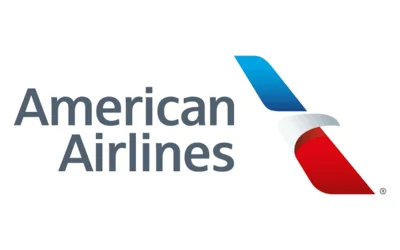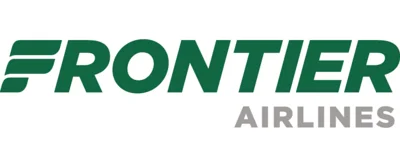According to IATA projections, airlines will need 500 million tonnes of SAF annually by 2050. This amount could be supplied through two main sources: biomass and power-to-liquid (PtL) methods. Biomass could potentially provide over 300 million tonnes per year, although some supply may be diverted to competing uses. Expanding this potential would depend on unlocking more feedstocks and improving technology and efficiency. The remaining requirement would be met through PtL processes, which rely on renewable electricity, hydrogen, and carbon capture infrastructure.
The study stresses that maximizing SAF production will require improvements in conversion efficiency, faster deployment of new technologies, enhanced logistics for moving feedstock, and investment in infrastructure across regions.
Willie Walsh, IATA’s Director General, stated: “We now have unequivocal evidence that if SAF production is prioritized then feedstock availability is not a barrier in the industry’s path to decarbonization. There is enough potential feedstock from sustainable sources to reach net zero carbon emissions in 2050. However, this will only be accomplished with a major acceleration of the SAF industry’s growth. We need shovels in the ground now.”
Key findings include confirmation that both sufficient sustainable feedstocks and production technologies exist for aviation to reach its decarbonization goal by mid-century. With appropriate policy support and investment, over 300 million tonnes of bio-SAF could be produced each year by 2050; about 200 million tonnes could come from e-SAF derived from renewable electricity.
Major challenges highlighted are enhancing supply chain infrastructure for feedstocks; scaling up novel sources while meeting sustainability standards; ensuring identified feedstocks are available for aviation; accelerating technology rollout—especially PtL; securing reliable access to renewable energy inputs; and creating government policies that foster innovation and investment toward a robust SAF market.
Regional leadership from North America, Brazil, Europe, India, China, and ASEAN countries is seen as crucial for global progress. The report also calls on the energy sector to invest in SAF capacity and align strategies with global climate goals.
Marie Owens Thomsen, IATA’s Senior Vice President Sustainability and Chief Economist said: “The report highlights the local and regional opportunities for SAF production to create jobs, stimulate economies and support energy security goals. Governments, energy producers, investors, and the aviation sector must work together, de-risk investment, and accelerate rollout. Policy certainty and cross-sector collaboration are essential to unlock the scale we need. The time to act is now—delays will only make the challenge harder.”
Walsh added: “With this study it becomes clear that we can make SAF the solution it needs to be for aviation’s decarbonization. The potential to turn SAF feedstock into real SAF production is in the hands of policymakers and business leaders, particularly in the energy sector. The conclusion of this study is an urgent call to action. We have just 25 years to turn this proven potential into reality.”
Further information about the study can be found on IATA's website.
 Alerts Sign-up
Alerts Sign-up




































